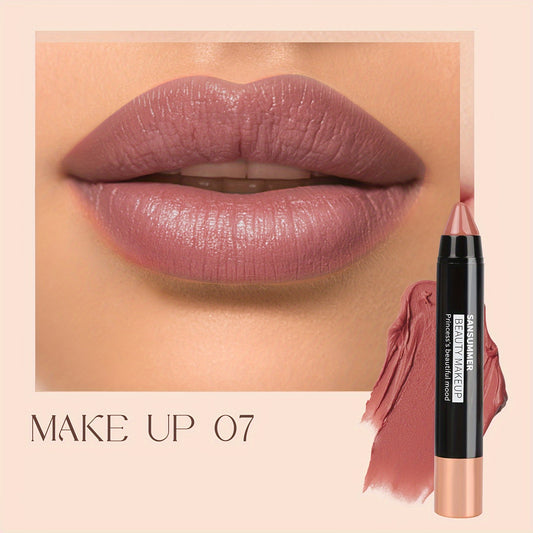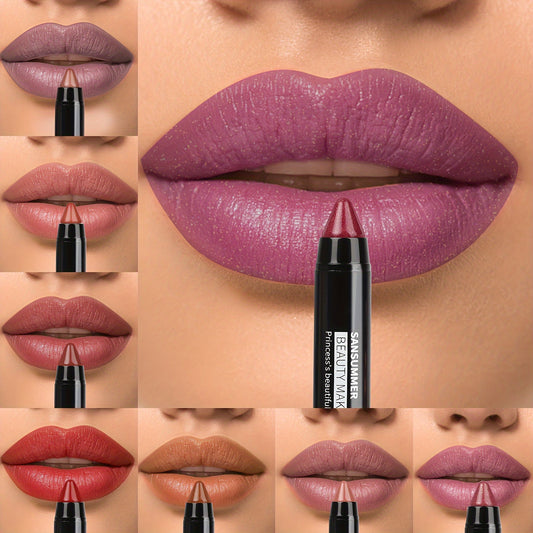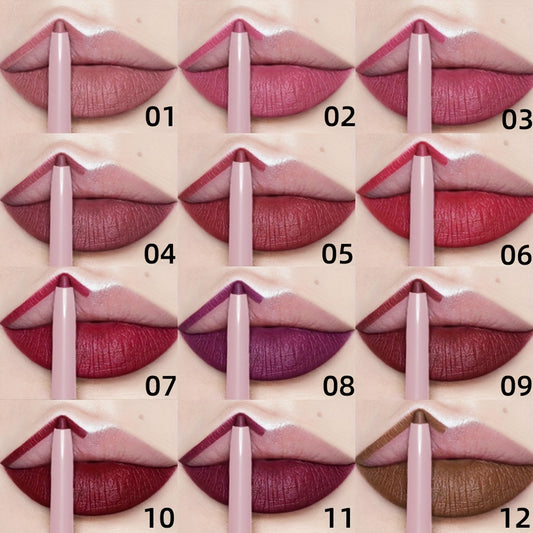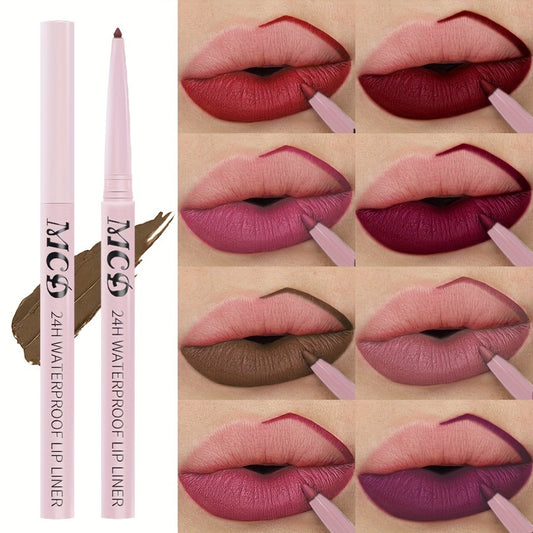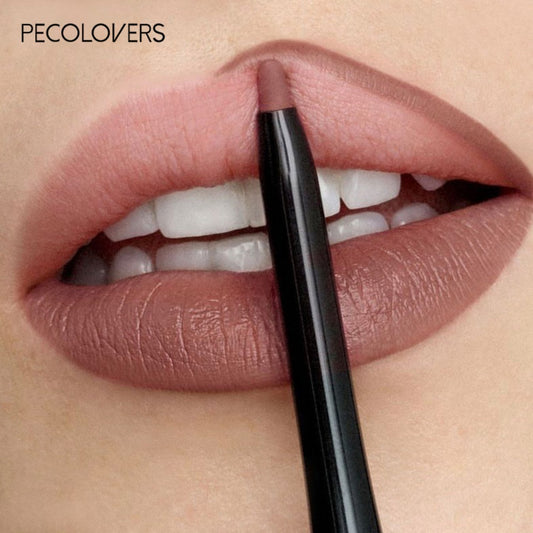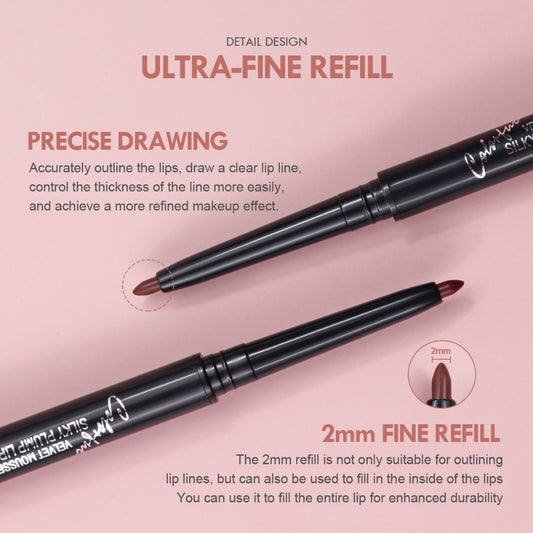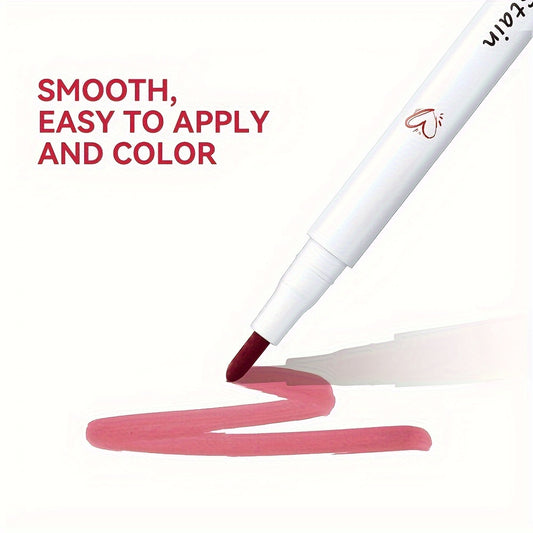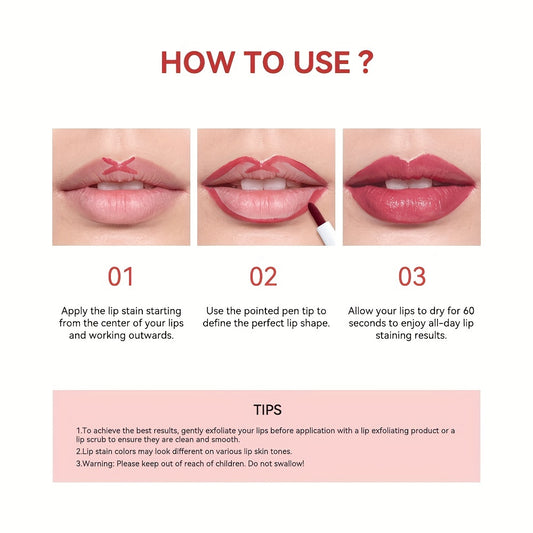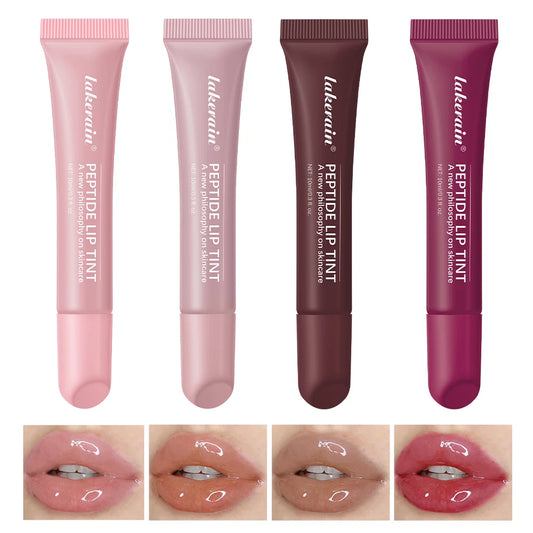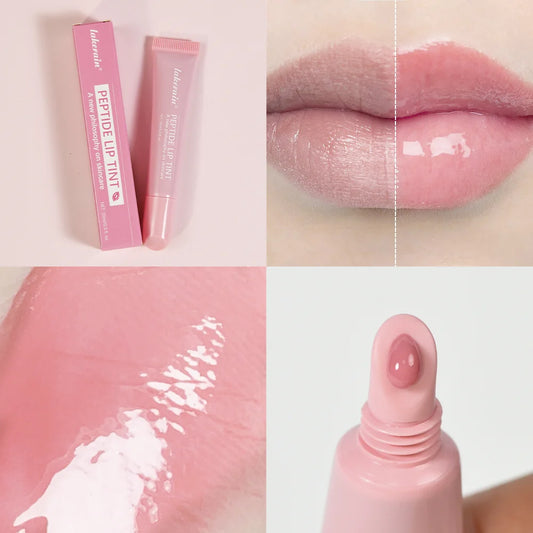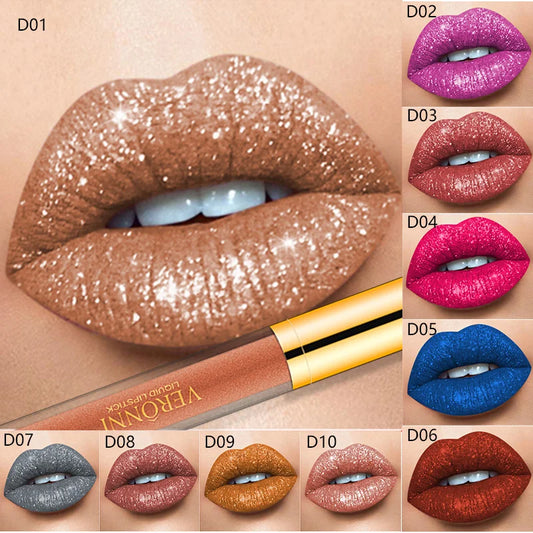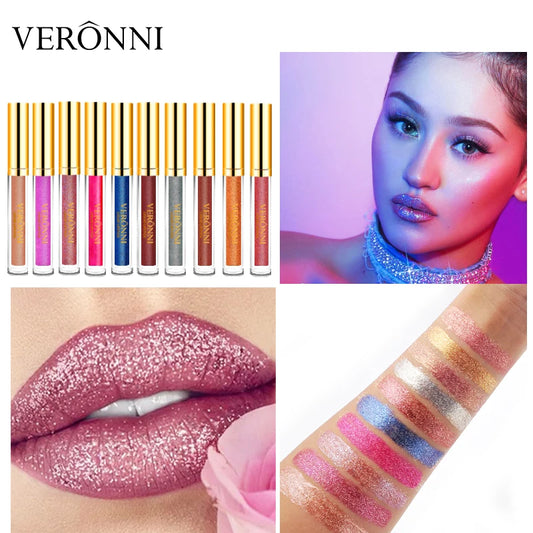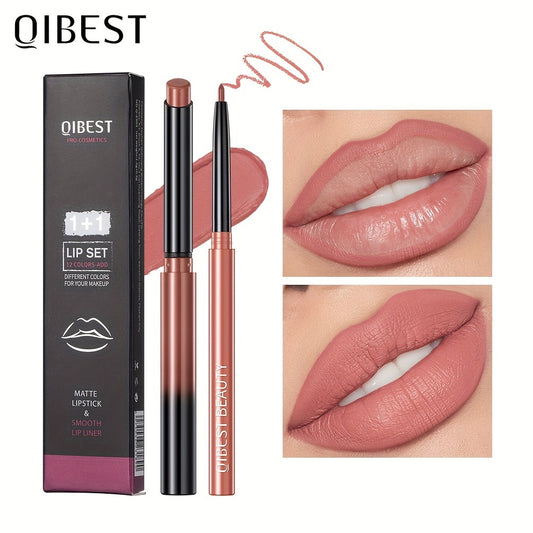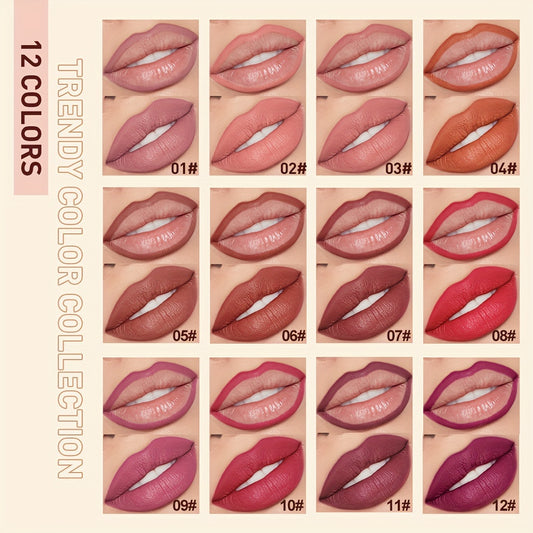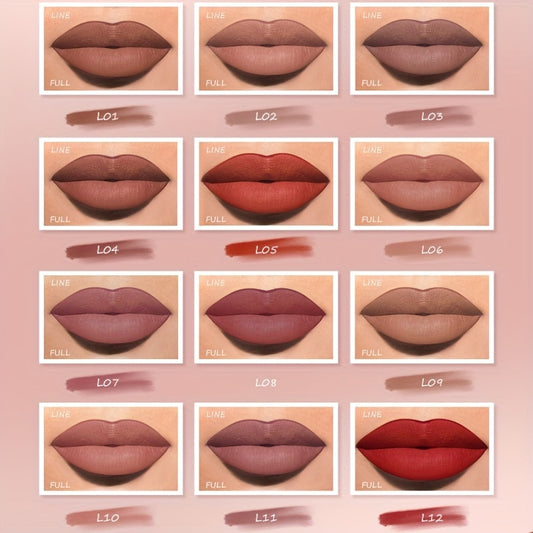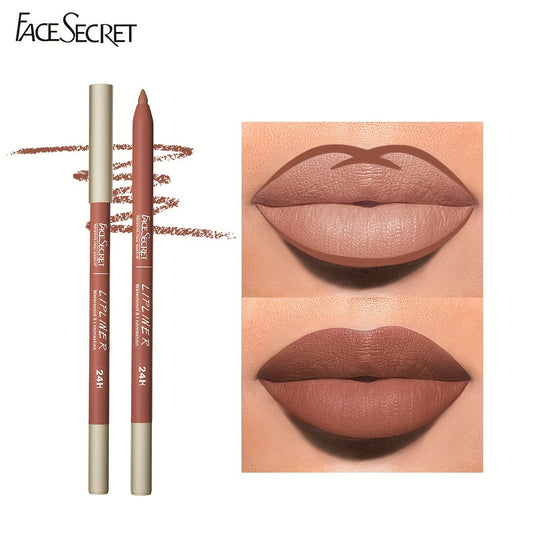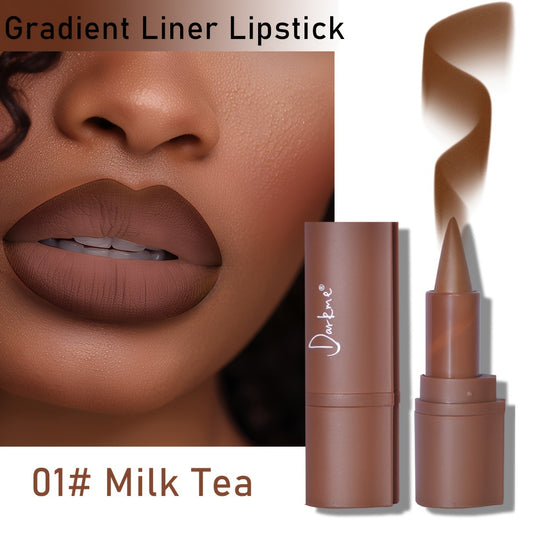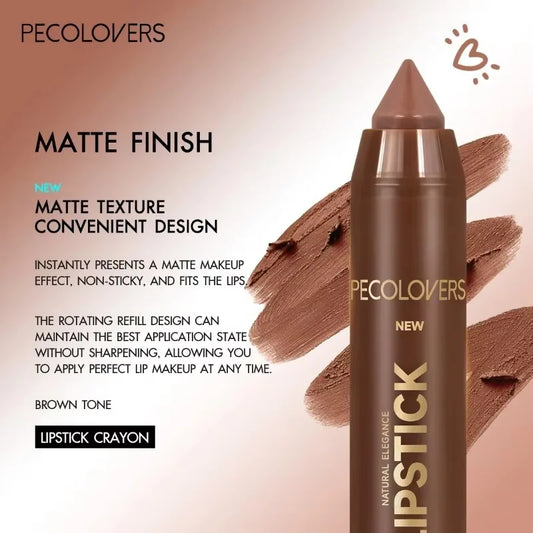Why Are My Lips So Dry? Uncovering the Causes and Cures
Share
Ever wonder why your lips feel like sandpaper, no matter what you do? You're not alone. Lots of people deal with dry, chapped lips, and it can be super annoying. Sometimes it's just the weather, but other times, it's a sign of something else going on. In this article, we'll look into why are my lips so dry, what might be causing it, and how you can get them back to feeling soft and smooth again.
Key Takeaways
- Your lips are different from the rest of your skin, making them more likely to get dry.
- Things like the weather, certain foods, or even your favorite lipstick can make your lips dry.
- Sometimes, dry lips can point to other health issues, like vitamin problems or digestive troubles.
- Simple habits, like licking your lips, can actually make them worse.
- There are easy things you can do at home, but if your lips stay dry, a doctor might be able to help.
Understanding Why Your Lips Are So Dry
It's super annoying when your lips are constantly dry, right? It's not just about forgetting lip balm; there's actually a bunch of stuff going on that can cause it. Let's break down some of the main reasons why your lips might be feeling like sandpaper.
The Unique Structure of Lip Skin
Okay, so your lip skin is way different than the skin on the rest of your face. It's thinner and more delicate, which means it's more easily affected by, well, everything. Unlike the rest of your skin, your lips don't have sweat glands or oil glands. These glands are super important because they produce oils that keep your skin moisturized. Without them, your lips have a much harder time staying hydrated on their own. Plus, as we get older, our lip skin gets even thinner and loses its ability to hold onto moisture, making things even worse.
Environmental Factors Affecting Lip Dryness
Think about all the stuff your lips go through every day. The weather is a huge factor. Dry air, cold winds, and even too much sun can suck the moisture right out of your lips. And it's not just being outside; indoor heating and air conditioning can also dry them out. People who spend a lot of time outdoors, whether for work or fun, are more likely to deal with dry, cracked lips.
Impact of Certain Medications on Lip Health
Did you know that some medications can actually cause dry lips? It's true! Certain acne treatments, like topical retinoids or oral isotretinoin, are known to have dryness as a side effect. These medications can reduce oil production throughout your body, including in your lips. So, if you're taking any medications, it's worth checking if dry lips are a possible side effect.
It's easy to overlook the simple things, but staying hydrated is a big deal. Dehydration affects your whole body, and your lips are often one of the first places to show it. Make sure you're drinking enough water throughout the day to keep your lips (and everything else) happy.
Common Causes for Why Your Lips Are So Dry
How Digestive Problems Affect Lip Moisture
It might seem odd, but your gut health can actually impact your lips. If your digestive system isn't working properly, it can affect how well your body absorbs nutrients. This, in turn, can show up as dry, chapped lips. Think of it as your lips giving you a little signal that something might be off internally. It's not always the first thing you'd suspect, but it's definitely something to consider if you're struggling with persistent dryness.
The Role of Vitamin Deficiency in Dry Lips
Your lips can be a surprisingly good indicator of your overall health, and vitamin deficiencies are a prime example. A lack of certain vitamins, especially B vitamins like riboflavin (B2), can lead to dry, irritated lips. It's like your body is missing a key ingredient to keep your lips healthy and moisturized. If you're constantly battling dryness, it might be worth getting a blood test to check your vitamin levels. Addressing a deficiency could be the key to finally getting rid of those dry lips.
Why Your Lipstick Might Be Drying Your Lips
Believe it or not, your favorite lipstick could be the culprit behind your dry lips. Many lipsticks, especially those long-wear and matte formulas, can strip your lips of their natural oils. It's like they're sucking the moisture right out, leaving your lips feeling parched and uncomfortable.
Here are a few things to keep in mind:
- Long-wear formulas often contain ingredients that help them stay put, but these can also be very drying.
- Matte lipsticks tend to have less oil and more pigment, which can contribute to dryness.
- Even some seemingly moisturizing lipsticks can contain ingredients that irritate sensitive lips.
It's a good idea to apply a moisturizing lip balm before putting on lipstick. This creates a barrier between your lips and the potentially drying ingredients. Also, consider switching to lipsticks with more hydrating formulas. Your lips will thank you!
Specific Conditions Leading to Dry Lips
Dry Lips During Pregnancy
Pregnancy is a wild ride of hormonal changes, and these shifts can sometimes lead to unexpected side effects, like dry lips. It's not uncommon for pregnant women to experience increased dryness in their skin and lips due to these hormonal fluctuations. Staying well-hydrated is super important during pregnancy, and using a good quality lip balm can really help combat the dryness. It's just another one of those little things to keep an eye on during this special time. Make sure you are using safe lip products.
Understanding Dry Lips in Newborns
Seeing dry lips on a newborn can be a little concerning, but it's actually pretty common. Newborns are adjusting to a whole new world outside the womb, and their skin is still developing. Factors like weather conditions and the transition to a drier environment can contribute to dry lips. Here are a few things to keep in mind:
- Make sure the baby is getting enough fluids.
- Use a humidifier in the baby's room to add moisture to the air.
- Apply a very thin layer of a pediatrician-approved balm to the baby's lips.
It's always a good idea to chat with your pediatrician if you're concerned about your newborn's dry lips, especially if they seem cracked or irritated. They can offer specific advice and rule out any underlying issues.
When Dry Lips Indicate Cheilitis
Sometimes, dry lips are more than just a minor annoyance; they can be a sign of a condition called cheilitis. Cheilitis is basically inflammation of the lips, and it can have several different causes. Here's a quick rundown:
- Irritant Contact Cheilitis: This happens when your lips come into contact with something that irritates them, like certain lip products or even your own saliva (from constant lip licking!).
- Allergic Contact Cheilitis: Similar to the above, but it's an allergic reaction to something. Common culprits include fragrances or dyes in lipsticks or balms.
- Angular Cheilitis: This type affects the corners of the mouth and is often caused by a fungal or bacterial infection. It can also be linked to nutritional deficiencies or ill-fitting dentures.
| Type of Cheilitis | Common Causes | Symptoms |
|---|---|---|
| Irritant Contact | Lip licking, harsh lip products | Dryness, redness, burning sensation |
| Allergic Contact | Fragrances, dyes in lip products | Itching, swelling, rash |
| Angular | Fungal/bacterial infection, nutritional deficiencies | Cracking, redness, pain at the corners of the mouth, sometimes bleeding |
If you suspect you have cheilitis, it's best to see a doctor or dermatologist for a proper diagnosis and treatment plan. They might prescribe topical creams or ointments to help clear up the inflammation and any underlying infection. You might need to consider medical treatments if home remedies aren't enough.
Recognizing the Symptoms of Dry Lips
It's easy to think dry lips are just about a little flaking, but there's more to it than that. Recognizing the full range of symptoms can help you address the problem effectively and know when it's time to seek professional help.
Beyond Flakiness: Other Signs of Dry Lips
Dry lips aren't just about the obvious peeling. You might also notice:
- Redness around the lips
- A feeling of tightness or discomfort, even without visible cracks
- Swelling or inflammation
- Increased sensitivity to certain foods or temperatures
- Occasional bleeding from cracks
- A burning sensation
Sometimes, the dryness can extend beyond the lip line, affecting the surrounding skin. It's important to pay attention to these subtle signs, as they can indicate the severity of the dryness or point to an underlying issue. For example, persistent redness might suggest an inflammatory condition, while increased sensitivity could be a sign of irritation from a product you're using. If you're experiencing any of these symptoms, it's a good idea to take a closer look at your lip care routine and consider making some changes.
When to Seek Medical Advice for Dry Lips
Most of the time, dry lips can be managed with home remedies and over-the-counter products. However, there are situations where it's important to consult a doctor or dermatologist. Here's when you should consider seeking medical advice for dry lips treatment:
- If the dryness is severe and doesn't improve with regular lip balm use.
- If you experience persistent bleeding, cracking, or blistering.
- If you suspect an infection (look for signs like pus, increased redness, or warmth).
- If the dryness is accompanied by other symptoms, such as fever, rash, or joint pain.
- If you have underlying health conditions, like diabetes or autoimmune disorders.
- If you think your vitamin deficiency might be the cause.
It's easy to dismiss dry lips as a minor annoyance, but sometimes they can be a sign of something more serious. Don't hesitate to seek professional help if you're concerned about your symptoms or if they're interfering with your daily life. A dermatologist can help you identify the underlying cause of your dry lips and recommend the most appropriate treatment plan.
In some cases, dry lips can be a symptom of cheilitis, an inflammatory condition that requires medical treatment. A dermatologist can diagnose cheilitis and prescribe appropriate medications, such as topical corticosteroids or antifungal creams, to alleviate the symptoms and promote healing. They might also suggest nutritional supplements if a deficiency is suspected.
Effective Home Remedies for Dry Lips
The Importance of Hydration for Lip Health
It sounds simple, but hydration is a cornerstone of healthy lips. Think of your lips like a plant – if you don't water it, it's going to dry out and get all brittle. The same goes for your lips. When you're dehydrated, your body pulls moisture from everywhere, and your lips are one of the first places to show it. So, drink up! Water, herbal teas, even water-rich fruits and veggies can make a difference.
Staying properly hydrated is more than just drinking water when you feel thirsty. It's about maintaining a consistent level of hydration throughout the day. This helps your body function optimally and keeps your skin, including your lips, moisturized from the inside out.
Choosing the Right Lip Balm for Dry Lips
Not all lip balms are created equal. Some are actually terrible for your lips, even though they claim to help. Look for balms with natural ingredients like shea butter, cocoa butter, beeswax, or coconut oil. These ingredients help to lock in moisture and protect your lips from the elements. Avoid balms with ingredients like menthol, camphor, or eucalyptus, as these can actually dry your lips out even more. I've been burned by that before! Also, consider a quality lip balm with SPF, especially if you're going to be outside.
Here's a quick guide to lip balm ingredients:
| Ingredient | Benefit |
|---|---|
| Shea Butter | Moisturizing, anti-inflammatory |
| Cocoa Butter | Emollient, protective barrier |
| Beeswax | Seals in moisture, protective |
| Coconut Oil | Hydrating, antimicrobial |
| SPF (Zinc Oxide) | Sun protection |
Protecting Your Lips from Harsh Weather
Weather can be brutal on your lips. Cold, wind, and sun can all strip your lips of moisture, leaving them dry, cracked, and painful. When you're heading out into harsh weather, take steps to protect your lips. This might mean wearing a scarf over your mouth in the winter or applying a lip balm with SPF in the summer. Even on cloudy days, the sun can still damage your lips, so don't skip the SPF! I always keep a lip balm with SPF in my bag, no matter the season.
Here are some ways to protect your lips:
- Apply lip balm with SPF before going outside.
- Reapply lip balm every two hours, especially if you're sweating or swimming.
- Wear a scarf over your mouth in cold or windy weather.
- Avoid licking your lips, as this can make them even drier.
Habits to Avoid When Your Lips Are So Dry
Why Licking Your Lips Worsens Dryness
Okay, so you've got dry lips. The immediate reaction? Lick them, right? Wrong! It's like throwing gasoline on a fire. Saliva contains enzymes that break down food, and when it evaporates, it leaves your lips drier than before. It's a vicious cycle. You lick, they dry, you lick again. Instead, reach for that lip balm you should be carrying around.
The Dangers of Irritating Lip Products
Not all lip products are created equal. Some are downright villains in disguise. That cute, scented lip gloss? It might be the enemy. Many lipsticks, balms, and glosses contain ingredients that can irritate and dry out your lips. Watch out for these:
- Fragrances
- Artificial colors
- Alcohol
- Menthol
It's best to stick to simple, fragrance-free options. Look for products with ingredients like shea butter, cocoa butter, or beeswax. These are more likely to soothe and protect your lips.
Avoiding Metal Contact with Your Lips
This one might sound a little out there, but hear me out. Some people are sensitive to certain metals, and constant contact can lead to irritation and dryness. Think about it: do you hold metal objects in your mouth often? Maybe it's time to consider switching to plastic or wooden utensils, or at least being mindful of how often metal touches your lips. It's a small change that could make a big difference in your lip health.
Medical Treatments for Persistent Dry Lips
Prescription Creams and Ointments
Sometimes, over-the-counter lip balms just don't cut it. For really stubborn cases of dry lips, a doctor might prescribe something stronger. This could be a topical corticosteroid to reduce inflammation, especially if there's redness or swelling. In other cases, immune-modulating medications might be considered. These prescription options are designed to tackle the underlying issues that are preventing your lips from healing.
Addressing Infections Causing Dry Lips
Dry lips aren't always just about dryness; sometimes, an infection is to blame. If a bacterial or fungal infection is the culprit, your doctor might prescribe topical or oral antibiotics or antifungal medications. It's important to complete the full course of medication, even if your lips start to feel better, to ensure the infection is completely cleared. Ignoring an infection can lead to more problems down the road. If you suspect an infection, it's best to seek medical attention right away.
Nutritional Supplements for Lip Health
Believe it or not, what you eat (or don't eat) can affect your lips. If your dry lips are linked to a nutritional deficiency, like a lack of vitamin B or iron, your doctor might recommend specific supplements. It's a good idea to get a blood test to check your vitamin levels before starting any supplements, as too much of certain vitamins can also cause problems. A balanced diet is always the best approach, but supplements can help bridge the gap if you're deficient. Here's a quick look at some key nutrients:
| Nutrient | Potential Benefit for Lips |
|---|---|
| Vitamin B | Supports skin health and reduces inflammation |
| Iron | Helps with cell growth and repair |
| Vitamin E | Acts as an antioxidant and protects against damage |
It's easy to overlook the connection between overall health and lip health. Sometimes, persistent dry lips are a sign that something else is going on in your body. Addressing underlying deficiencies or infections can make a big difference in the long run.
Here are some things to consider:
- Hydration: Drink plenty of water throughout the day.
- Diet: Eat a balanced diet rich in vitamins and minerals.
- Supplements: Consider supplements if you have a known deficiency.
When to Consult a Dermatologist for Dry Lips

Identifying Underlying Health Issues
Sometimes, dry lips are more than just a cosmetic issue; they can signal an underlying health problem. If you've tried all the usual home remedies and your lips are still stubbornly dry, it might be time to consider that something else is going on. Conditions like thyroid issues, autoimmune diseases, or even certain infections can manifest as persistent dry lips. A dermatologist can help determine if your dry lips are a symptom of a larger health concern. They can run tests and evaluate your overall health to get to the root of the problem. Don't just assume it's the weather; listen to your body and seek professional advice if needed.
Recognizing Severe or Chronic Dry Lip Symptoms
It's one thing to have slightly chapped lips in the winter, but it's another thing entirely when your lips are constantly cracked, bleeding, or excessively painful. Severe symptoms like these warrant a visit to a dermatologist. Chronic dryness that doesn't respond to over-the-counter treatments, along with symptoms like occasional bleeding, swelling, or intense redness, could indicate a more serious condition like cheilitis or even a precancerous condition. Don't wait for it to get worse; early diagnosis and treatment are key.
The Importance of Professional Diagnosis
Self-diagnosing and treating dry lips can only get you so far. A dermatologist can provide a professional diagnosis, ruling out potential underlying causes and recommending targeted treatments. They have the expertise to differentiate between simple dryness and more complex conditions. Plus, they can offer prescription-strength creams or ointments that are more effective than anything you can buy at the drugstore. Think of it as an investment in your long-term lip health. If you're unsure about the cause of your dry lips or if they're not improving, a dermatologist is your best bet for getting the right answers and the right treatment. They can also help you with allergy management if that is the cause.
Ignoring persistent dry lips can sometimes lead to bigger problems down the road. A dermatologist can provide a thorough evaluation and create a personalized treatment plan to address your specific needs. It's always better to be safe than sorry when it comes to your health.
Here's a quick checklist of when to see a dermatologist:
- Dry lips persist for more than 2-3 weeks despite home remedies.
- You experience severe symptoms like bleeding, swelling, or intense pain.
- You suspect an underlying health condition might be the cause.
- Over-the-counter treatments aren't providing relief.
If your lips are always dry, cracked, or painful, even after trying different balms, it might be time to see a skin doctor. They can figure out what's really going on and help you find the right treatment. Don't wait for things to get worse; learn more about when to get professional help for your lips on our website.
Wrapping Things Up
So, there you have it. Dry lips are super common, and lots of things can cause them, from the weather to what you eat. The good news is, you can usually fix them pretty easily. Just remember to drink enough water, use a good lip balm, and try to figure out what's making your lips dry in the first place. If they're really bothering you, or if nothing seems to help, it's always smart to talk to a doctor. They can help you get your lips feeling good again. Here's to soft, happy lips!
Frequently Asked Questions
Why are my lips different from the rest of my skin?
Our lips are special because the skin there is super thin and doesn't have oil or sweat glands like the rest of our skin. These glands usually help keep skin moist. So, without them, our lips dry out easily and need extra care.
Can my lipstick make my lips dry?
Yes, they can! Some lipsticks, especially those that stay on for a long time or have a matte finish, can pull moisture from your lips. It's a good idea to put on a lip balm before your lipstick and pick lip colors that add moisture.
Does licking my lips help or hurt them?
Licking your lips might feel good for a second, but it actually makes them drier. Your spit evaporates quickly, taking away your lips' natural moisture. It's better to use a good lip balm instead.
When should I see a doctor for dry lips?
If your dry lips don't get better after a few weeks of using home remedies, or if they're very painful, swollen, or bleeding a lot, it's a good idea to see a doctor. Sometimes, dry lips can be a sign of another health problem.
What kind of lip balm is best for dry lips?
Look for lip balms that have ingredients like shea butter, vitamin E, natural oils, and beeswax. Try to avoid ones with strong smells or flavors, as these can sometimes make things worse. Also, a lip balm with SPF is great for protecting your lips from the sun.
Can pregnancy cause dry lips?
Yes, they can. Changes in hormones during pregnancy can sometimes lead to drier skin, including your lips. Staying hydrated and regularly using lip balm can help a lot during this time.

